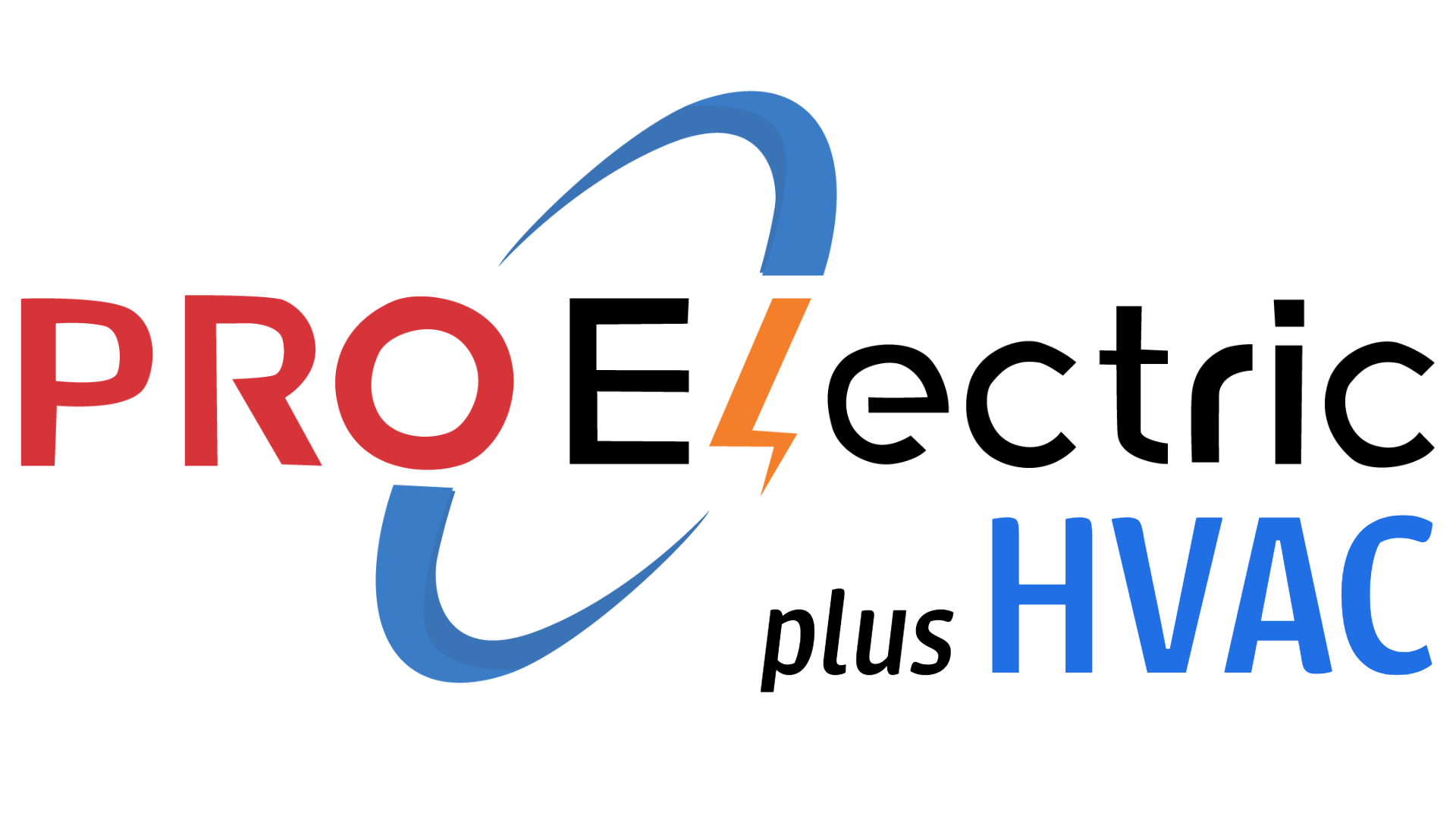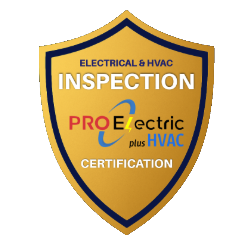Common Electrical Issues Found in Northern Virginia Older Homes and How to Fix Them
Many older homes in northern Virginia have ancient electrical systems.
These can be dangerous and will soon become an issue if not upgraded.
Here are some common electrical problems in old homes and how to fix them.
1. Outdated Wiring Systems
Older homes may have knob-and-tube or aluminum wiring, which is also old and unsafe.
To avoid fire hazards and electrical failure, modern copper wiring must be replaced.
2. Insufficient Electrical Capacity
The electric panels in many old homes are probably just 60 or 100 amps, which is no longer sufficient to handle modern appliances.
An upgrade to a 200-amp panel will help handle modern electrical loads.
3. Lack of Grounding
Older homes might have ungrounded outlets that can cause electrical shocks.
To prevent this, you should replace ungrounded outlets with three-prong, grounded outlets and install GFCIs in wet areas such as bathrooms and kitchens.
4. Outdated Circuit Breakers
Homes built many decades ago usually have old fuse boxes.
These should be replaced with modern circuit breaker panels to prevent fire hazards and tripping circuits.
5. Worn Out Wiring Insulation
Wiring insulation eventually cracks or fades; this is more likely if rodents have chewed the insulation.
Damaged wiring should be replaced to prevent electrical fires.
6. Lack of Sufficient Outlets
Old ones have insufficient outlets, so multiple extension cords are used. Installing more outlets throughout the home helps reduce circuit overloads.
7. Incompatible Wiring with Modern Appliances
The wiring to an older home might be inadequate for the power usage of modern appliances such as HVAC units or microwaves, so upgrading the circuitry ensures that the wiring can accommodate modern devices.
8. Improper or DIY Electrical Work
Some old houses still have illegal or DIY electrical work that doesn’t meet the code.
An electrician can assess the system and make necessary repairs, such as replacing dangerous wiring or faulty installations.
9. Lighting Issues
Flickering lights may be caused by loose wiring or an overloaded circuit.
Calling an electrician will restore the lights to working order.
10. No Surge Protection
Whole-house surge protection does not protect household appliances and electronics in old houses.
Installing surge protectors keeps them safe from damage.
11. Inadequate Outdoor Electrical Systems
If your home is older, your outdoor wiring may never have been up to code or safe – or it may have been installed by an amateur.
Replace it with weatherproof wiring and weatherproof GFCI outlets.
12. Overheating Outlets
If an outlet is warm or has marks showing heat damage, this is likely a problem with the outlet’s wiring or a circuit overload.
These outlets should be replaced immediately to prevent fire hazards.
13. Inadequate or Missing Electrical Inspections
Also, many older homes have not had an electrical inspection in years.
Scheduling an electrical inspection can help identify any old-fashioned or dangerous wiring that must be rectified.
14. Improper Grounding and Bonding
The wiring in older homes might not have been adequately grounded or bonded, leading to electrical shocks where the metal pieces of the circuitry are not properly bonded.
15. Dimming Lights When Appliances Run
If your lumens suddenly dim whenever you throw a switch, you might want to think about an overtaxed system.
It’s time for a circuit upgrade and a new electrical panel.
16. Old Wiring Connectors
Older houses often have inadequate or outdated wiring connectors, which create poor electrical connections. T
o avoid shorts, connectors need to be updated.
17. Improper Junction Boxes
Junction boxes that are galvanized and left open are dangerous. All the junction boxes must be covered to avoid electrical shock and fire.
18. No Arc Fault Circuit Interrupters (AFCIs)
Older homes rarely have AFCIs, which sense deadly electrical arcs and prevent fires.
Plugging in AFCIs in bedrooms and other key areas will make your home safer.
19. Electrical Noise or Buzzing
Electrical nuisances, such as buzzing noises from outlets or switches, are signs of loose wiring or bad connections among electrical components.
An electrician should evaluate these before they escalate.
20. Old Electrical Meters
If your house has an old-fashioned electrical meter, it probably can’t cope with today’s electrical demands.
Installing a new digital meter will upgrade your electrical system’s performance and reading accuracy.
21. Improperly Sized Wiring
Electrical wiring in older houses is often insufficiently large to handle current electrical loads.
An upgrade ensures that your home can safely handle modern electricity loads.
22. Corroded Electrical Components
If you find corrosion in your electrical panel or wiring, seek help immediately.
Replace any corroded parts before power loss or fires result.
23. Inadequate Kitchen and Bathroom Wiring
The kitchen and bathroom often have their dedicated circuits because both rooms can demand significant power.
If your home lacks those circuits, an electrician can retrofit them for today’s standards.
24. Inconsistent Power Supply
This may indicate an older system if your home has frequent or inconsistent power surges.
Installing surge protectors and checking the wiring may be a step in the right direction.
25. Missing Smoke and Carbon Monoxide Detectors
Since many older homes do not have hardwired smoke and carbon monoxide detectors, adding these modern detectors can help protect your home and family.
With some simple electrical fixes, homeowners in Northern Virginia can prevent common household hazards and save money.
Have any old electrical systems inspected and upgraded by our licensed electrician?



